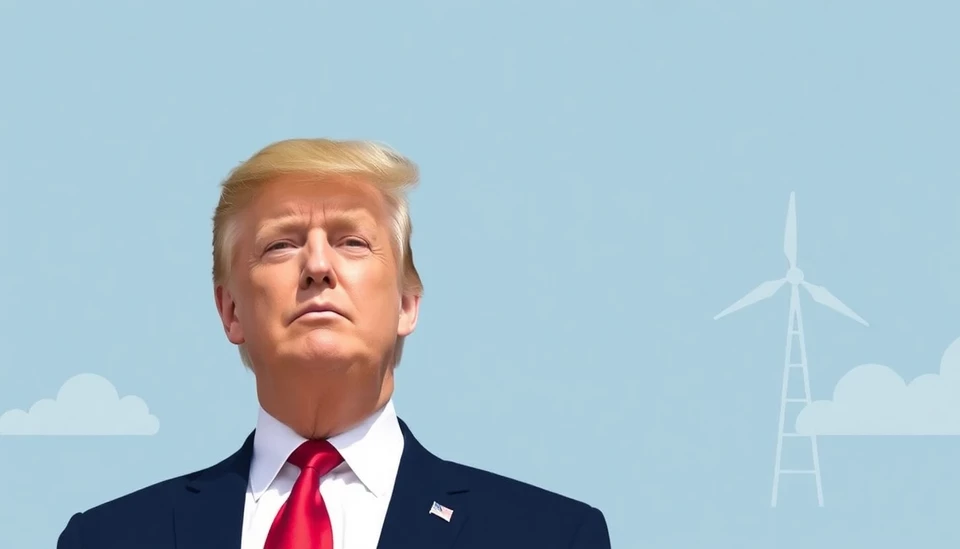
As the 2024 election approaches, the stakes for the U.S. clean tech industry are higher than ever, particularly as former President Donald Trump mounts a challenge to reclaim the White House. Observers are closely watching how a potential second term could reshape environmental policies and influence the growth of renewable energy sectors across the country.
During his presidency, Trump took a critical stance on climate change initiatives, often favoring traditional fossil fuels over renewable energy. The implications of his previous policies have left many in the clean tech sector concerned about a possible regression in the momentum that has been building in recent years towards sustainability and green technology advancements. An analysis by Bloomberg New Energy Finance (BNEF) outlines the potential impacts, highlighting that Trump’s election could lead to a rollback of clean energy incentives and regulations aimed at reducing carbon emissions.
If Trump wins the presidency again, experts predict the following key changes in policy that could directly affect clean technology investments and development:
- Reduction of Incentives: Expect significant cuts to federal subsidies that currently support solar, wind, and battery storage technologies, which have seen exponential growth under the Biden administration.
- Targeting of Environmental Regulations: A return to regulatory rollbacks may occur, reminiscent of 2017-2021, where regulations aimed at reducing greenhouse gas emissions were dismantled in favor of easing the operational burdens on fossil fuel companies.
- Investment Focus Shift: The investment landscape for clean tech could shift dramatically, as private investors might recalibrate their strategies in response to changing federal policies, potentially slowing down innovation and deployment of clean energy solutions.
- International Relations: Trump's approach to global climate agreements may isolate the U.S. from international efforts to combat climate change, which could affect U.S. companies' competitiveness in the global clean tech market.
On the flip side, a Democratic win in 2024 would likely solidify the advancements made in clean technology over the past few years, with a continuation of financial incentives, international collaboration, and aggressive targets for reducing carbon emissions. This contrasts sharply with Trump’s previous administration where such efforts were often met with skepticism.
The clean tech community is mobilizing, understanding that the election outcome can have lasting repercussions on the future of energy in America. Industry stakeholders are encouraged to engage with legislative processes and educate themselves on the vitals of the election cycle, promoting candidates who support sustainable technology and environmental protection.
As we lead up to November 2024, the intersection of politics and environmental policy will undeniably play a crucial role in shaping the future of clean technology in the United States. Stakeholders are urged to remain vigilant and proactive in pushing for supportive policies that can foster innovation in renewable energy, regardless of the political landscape.
#Trump2024 #CleanTech #RenewableEnergy #ClimateChange #ElectionImpact #Sustainability #BNEF #EnergyPolicy
Author: Peter Collins




